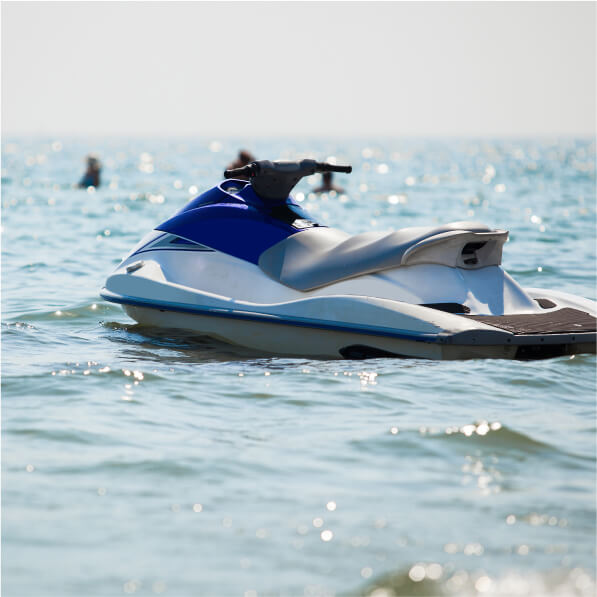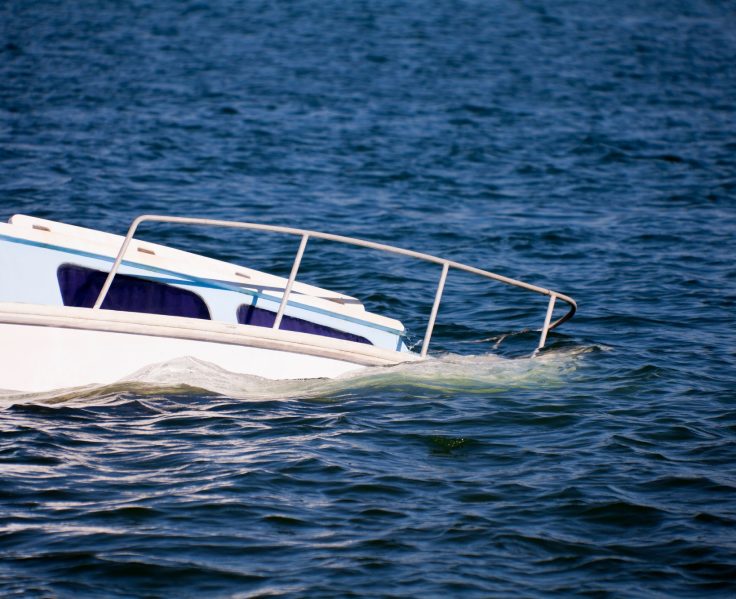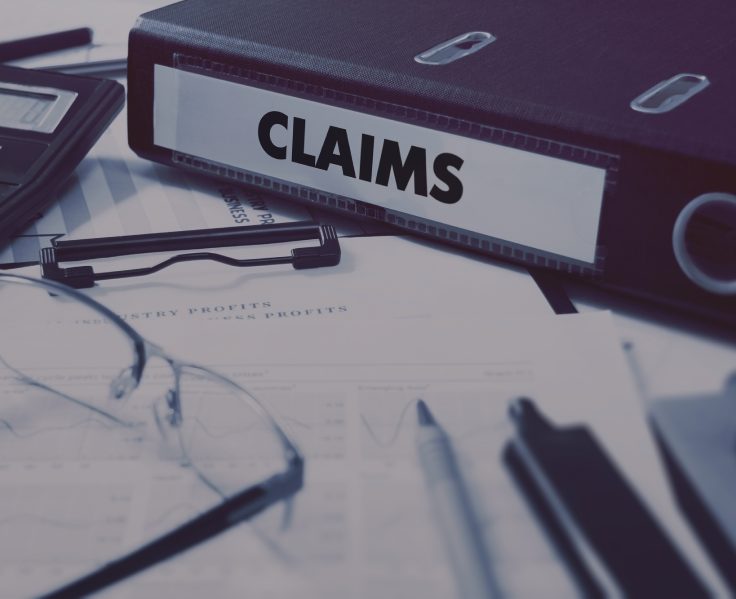Boating/Watercraft Accidents
New York’s Best Personal Injury Attorneys are Here
While several New Yorkers turn to boats and other watercraft as a means of recreation or relaxation, all it takes is negligence on someone’s part to turn things sour. Fortunately, if you or a loved one has been involved in a boating/watercraft accident, relief might be closer at hand than you think.

Common Challenges of Boating/Waterway Accidents
Pinning liability in boating and watercraft accidents is typically not as easy as when it comes to road accidents because they usually happen away from habitation. Here are the common challenges.

- Witnesses. Boating accidents tend to have fewer witnesses when compared to road accidents, and it might be challenging to identify them.
- Video footage. There could be little or nothing to go with when it comes to video footage captured by surveillance cameras or mobile phones.
- Physical evidence. The absence of physical evidence in the form of skid marks or property damage might work as a constraint.
Common Types of Boating Accidents
Some of the most common types of boating accidents in New York include:
- Capsizing
- Collision with fixed objects
- Collision with floating objects
- Collision with other vessels
- Carbon monoxide poisoning
- Falling overboard
- Falling onboard
- Fire/explosion

Common Causes
While a boating or watercraft accident can take place because of various reasons, some are more common than others.
- Intoxication
- Over speeding
- Failure to vent
- Hazardous waters
- Machinery failure
- Improper lookout
- Operator inattention
- Operator inexperience
- Weather conditions
- Passenger/skier behavior
- Violation of navigation rules
- Submerged objects
What Does the Law in New York Say?
According to the rules that apply in New York, all vessels, including row boats and kayaks, should have one USCG-approved wearable life jacket for every person who is onboard. Vessels that exceed 16 feet in length (other than kayaks and canoes) should have a USCG-approved type-IV throwable flotation aid. Further, no person under 14 years of age may operate a personal watercraft (PWC). Brianna’s Law in New York requires people operating vessels (other than PWCs) to have a New York State Boating Safety Certificate based on when they were born.
Why Seek Legal Help
An experienced personal injury attorney can help you navigate the entire process, from the time you have an accident to the time the case comes to a conclusion. Your attorney can help review your medical records, interview witnesses, look into the boat operator’s background /history, and collect crucial evidence. Then, you may expect your attorney to enter into negotiations with insurance companies or defense attorneys.
Why Choose Us?
Our attorneys are experts when it comes to handling different types of boating/watercraft accidents, be it passenger boat, charter boat, fishing boat, speed boat, cruise ship, jet ski, wakeboard, or wave runner accidents. We realize that dealing with the aftermath of an accident might be daunting and can drain one’s financial resources, which is why we do our best to try and get the highest possible compensation amount.


